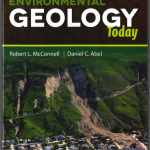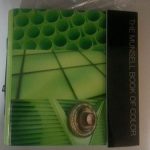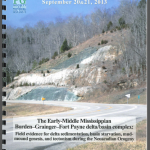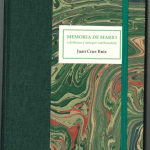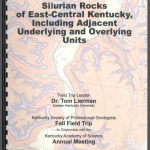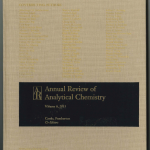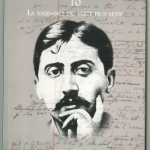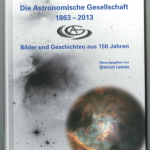Environmental geology today / Robert L. McConnell, Daniel C. Abel. (OCLC #635477370)
More like Environmental geology tomorrow! Though we have had the book in hand since February 2014, it has copyright date 2015 (even on the publisher web site) and no stated publication date.
The OCLC BibFormats page for field 260 has a nice table that says: in the case where the book is received one year but only has a copyright date of the following year, it should be treated as having a single date (the copyright date).
